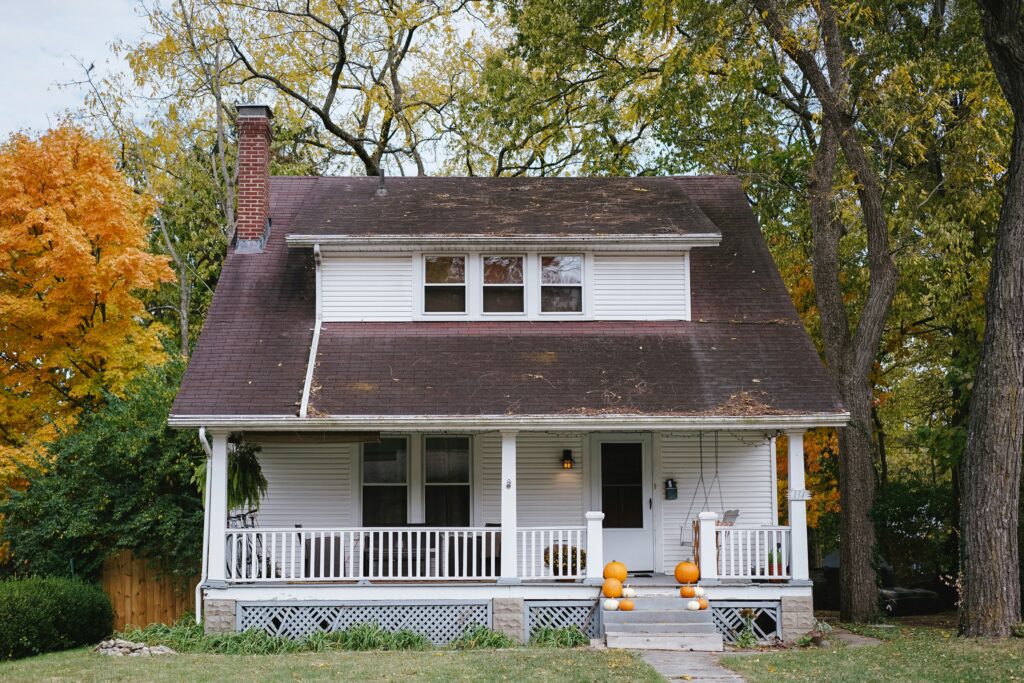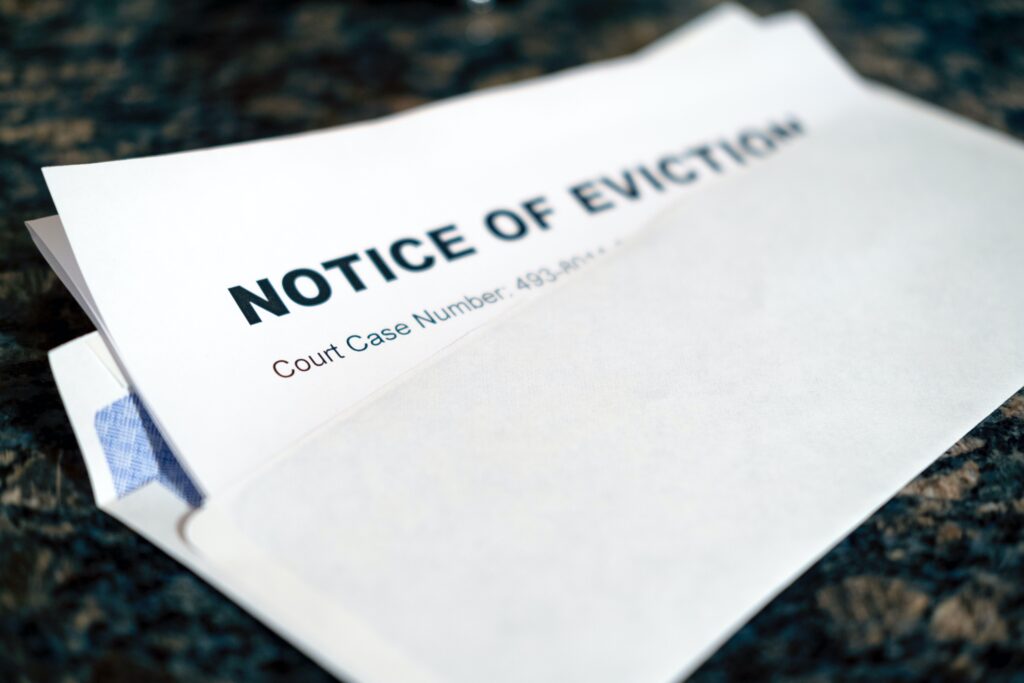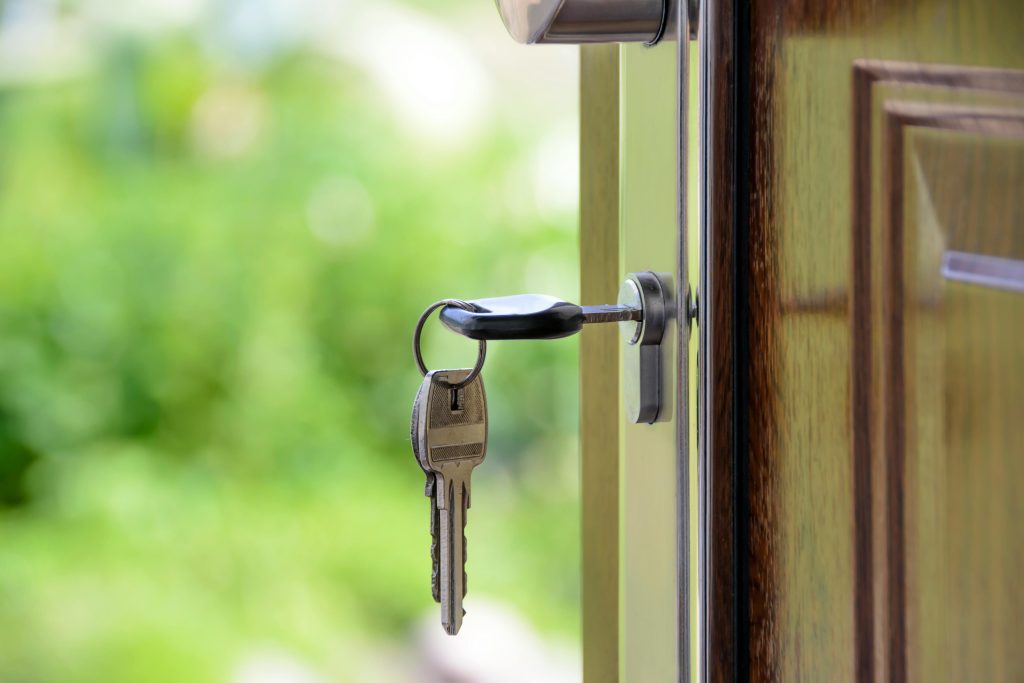Breaking up a marriage is hard enough, and working out who gets the house makes it even tougher. If you’ve got children, the courts put their needs first when deciding who stays in the family home. But without kids in the picture, it’s more about splitting things fairly between you and your ex. Let’s look at how it works in real life.
Legal framework governing property division in divorce
When children are part of the divorce, the family home becomes a top priority for the courts. They’ll usually aim to keep kids in their existing home to minimise disruption to their lives, especially if they’re in local schools and have friends nearby. That means the parent who has the main childcare responsibilities often stays in the house.
The house doesn’t automatically go to the parent with custody though. The courts look at:
- Whether one parent can afford to buy out the other and keep up the mortgage payments
- If either parent can afford a suitable home nearby
- The ages of the children (older teens heading to university soon might affect the decision)
- Total household income of both parents
Sometimes the court orders a “Mesher Order”, which lets the parent with the kids stay in the house until the youngest child turns 18 or finishes full-time education. After that, the house is sold and the proceeds split between both parents.
Property division when you have children
Most divorcing parents worry about keeping their kids stable and settled. The courts share this worry, which heavily shapes how they handle the family home.
Children’s housing needs
The courts put children first. They try to keep them in their familiar surroundings, near their schools and friends. Parents who typically look after the kids most of the time tend to stay in the house. It’s not a fixed rule however. It depends on what works best for the children.
Financial feasibility
Money matters hugely here. The staying parent must be able to handle the mortgage and bills on their own. The courts also check if both parents can find suitable homes in the area. Sometimes there’s enough equity to buy one parent out right away. In other cases, maintenance payments might need to cover ongoing housing costs.
Common outcomes
The most frequent arrangement sees the main carer staying in the house until the youngest child finishes full-time education. The court might order a straight transfer to one parent, with other assets going to the other parent. Or they might say the house should be sold when the kids grow up, splitting the money between parents. Sometimes one parent buys the other’s share over time.
For the parent who moves out, the courts make sure they have enough money to find somewhere suitable to live, especially if the kids stay over regularly. They keep their ownership rights until any agreed sale or transfer happens to protect their financial stake in the property.
With joint custody, courts might order the house sold if neither parent can afford it alone, helping both find new homes nearby. Some parents arrange a ‘nesting’ setup where kids stay put, and parents take turns living there, though this needs good cooperation between ex-partners.
Property division in the absence of children
Without children to consider, courts focus purely on splitting assets fairly between both parties. The family home often gets sold, as there’s no need to keep one person in it for the kids’ sake.
Equitable distribution
The starting point is usually a 50/50 split, but this can shift based on each person’s situation. The courts look at how long you’ve been married, who paid what into the house, and your future earning abilities. They’ll also consider whether one of you owned the house before marriage or inherited money to buy it. If someone can’t earn much—maybe due to illness or caring for elderly parents—they might get a bigger share.
Potential outcomes
Most couples end up selling the house and splitting the money. Sometimes one person buys the other out, especially if they can afford the mortgage alone and want to stay put. If you’ve got other assets like pensions or savings, you might swap your share of the house for these instead. Courts prefer ‘clean break’ settlements where possible, letting both people move on without ongoing financial ties.
Factors influencing court decisions
Courts weigh up many things before deciding who gets what in a divorce. Each case is different, and what worked for your friend’s divorce might not apply to yours.
Financial resources and needs
Your income plays a big part, both what you earn now and what you might earn later. The courts check if you can get a mortgage on your own, or if you’ve got health issues that affect your work. They also look at your expenses, debts and whether you’ve got somewhere else to live if you move out.
Contributions to the marriage
It’s not just about who paid the mortgage. If one of you quit work to run the home or look after elderly relatives, that counts too. The courts recognise that supporting your partner’s career by handling the household is valuable. They’ll even consider inheritances or gifts from family members who went into buying the house or paying for the mortgage..
Duration of the marriage
Time matters. In a short marriage, you might each walk away with what you brought in. But after decades together, courts lean towards an even split. They see the home as a joint asset, regardless of who paid what. Even living together before marriage can count towards this time if you were sharing finances.
Alternative dispute resolution methods
Going to court isn’t your only option when sorting out who gets the house. Many couples find other ways to reach an agreement, often saving time, money and stress.
Mediation
A mediator sits down with you both to talk through your options. They don’t take sides or make decisions and instead help you work things out together. You might need several sessions, but it’s usually quicker and cheaper than court. You can still get legal advice alongside mediation, and many courts want you to try it before they hear your case.
Collaborative law
Collaborative law works differently from standard divorce proceedings. You and your ex each bring your own solicitor to a series of four-way meetings. Everyone signs an agreement promising to stay out of court. Your solicitors help you understand your rights while working towards a fair solution. If talks break down, you’ll need new solicitors to go to court. This encourages everyone to keep negotiating.
Both these options work best when you’re still on speaking terms with your ex. They’ve helped many couples split their property without the bitterness that often comes with court battles.
Importance of legal advice
Dividing your home during divorce involves tricky legal and financial decisions. Getting it wrong could affect you for years to come. A good divorce solicitor helps you understand your rights, especially if you’re not on the property deeds.
They’ll make sure any agreement is legally binding and spot potential tax issues before they become problems. While legal fees might seem steep, spending money on proper advice now could save you from costly mistakes later. Many solicitors offer free first meetings where you can discuss your situation and understand your options.
How to sell a house quickly after divorce
We understand that going through a divorce is one of the most challenging times in your life. Deciding what to do with the family home can add extra pressure, especially if you need to sell quickly to divide assets, settle finances or move forward. At Property Rescue, we’re here to make the process as simple and stress-free as possible.
How we can help
We specialise in buying homes quickly, giving you a straightforward way to move forward. Here’s why so many divorced couples use us:
- No chains or delays: We buy your home directly, so there’s no waiting for buyer chains to complete or risking deals falling through.
- Simple, hassle-free process: We handle all the administrative work, so you can focus on what matters most to you.
- Fair and transparent offers: We provide competitive fast-sale valuations based on the current market, and everything is explained clearly from the start.
- Flexibility to suit your needs: Whether you need to sell immediately or want to work on a specific timeline, we adapt to what works for you.
Let us help you move forward
Selling your house after a divorce doesn’t have to be stressful or drawn-out. Property Rescue is committed to helping you sell your home quickly, easily, and with complete peace of mind.
If you’re ready to take the next step, visit Property Rescue or get in touch with us today. We’re here to help.









